The European Union's landmark AI Act, the world's first comprehensive legal framework for artificial intelligence, has officially come into full force. While policymakers hail it as a necessary safeguard against the risks of unchecked AI development, a growing chorus of entrepreneurs and investors warn that the regulation's stringent requirements could suffocate Europe's burgeoning AI startup ecosystem.
Brussels has positioned the AI Act as a gold standard for responsible innovation, categorizing AI systems by risk levels and imposing strict obligations on high-risk applications. The legislation bans certain "unacceptable risk" uses outright, including social scoring systems and real-time biometric identification in public spaces. For startups working on technologies like facial recognition or emotion detection, these prohibitions erase entire business models overnight.
What keeps founders awake at night isn't just the banned applications, but the compliance burden for permitted ones. "We're spending 40% of our seed funding on legal consultations and documentation," confessed the CEO of a Barcelona-based computer vision startup. His eight-person team has paused product development to focus on conducting fundamental rights impact assessments - a requirement for their risk-classified AI solution.
The law's transparency mandates present another hurdle. Startups must disclose when content is AI-generated, publish detailed summaries about training data, and ensure systems can be interpreted by human overseers. While these rules aim to build trust, they demand technical capabilities and administrative resources that cash-strapped young companies simply don't possess. "Google can afford armies of compliance officers," noted a Berlin venture capitalist. "The guy coding in his dorm can't."
Geopolitical implications loom large in industry discussions. European startups now face regulatory requirements their American and Chinese competitors don't, creating what some call an "innovation asymmetry." With U.S. tech giants already dominating the AI landscape, many fear the AI Act will cement Europe's position as a rule-maker rather than a market leader. "We're handing the future to Silicon Valley and Shenzhen on a silver platter," warned a Paris-based AI researcher.
Defenders of the legislation argue these concerns are overblown. They point to provisions designed to support small-scale providers, including regulatory sandboxes and reduced fees. "The law explicitly avoids a one-size-fits-all approach," emphasized an EU Commission spokesperson. "We've built in flexibility for startups while ensuring fundamental protections for citizens."
Early evidence suggests the regulation is already reshaping investment patterns. European AI funding deals declined 22% quarter-over-quarter following the Act's final approval, compared to 8% growth in North America, according to recent Crunchbase data. More tellingly, several high-profile European AI founders have quietly relocated operations to the U.S., citing regulatory uncertainty.
The human cost of this brain drain extends beyond economics. "We're not just losing companies, we're losing our best minds," lamented a professor at ETH Zurich, where three AI research teams have moved abroad in recent months. This exodus threatens to undermine Europe's decade-long push to establish itself as a global tech hub.
Implementation challenges further complicate the picture. With enforcement delegated to national authorities, companies face a patchwork of interpretations. A startup offering the same AI tool in Germany and Poland might encounter different regulatory expectations. This fragmentation hits small players hardest, as multinationals can dedicate resources to navigating varying local requirements.
Some industry observers detect a generational divide in responses to the AI Act. Older executives who lived through previous regulatory waves (like GDPR) express cautious optimism about adapting. Younger founders, particularly those building cutting-edge generative AI applications, describe feeling "betrayed" by what they see as Europe choosing control over competitiveness.
The coming months will prove decisive. If compliance costs indeed stifle innovation as critics predict, pressure will mount for revisions. Yet any softening of the rules risks undermining the legislation's core purpose. This tension leaves European startups in limbo - forced to navigate uncharted territory where ambition meets restriction, and where the promise of technological leadership collides with the realities of precautionary governance.
What emerges may redefine Europe's role in the AI revolution. Will the continent produce the next OpenAI or DeepMind, or will it become primarily a marketplace for others' innovations, distinguished mainly by its rulebooks rather than its breakthroughs? The answer will shape not just Europe's digital economy, but the global balance of technological power for decades to come.
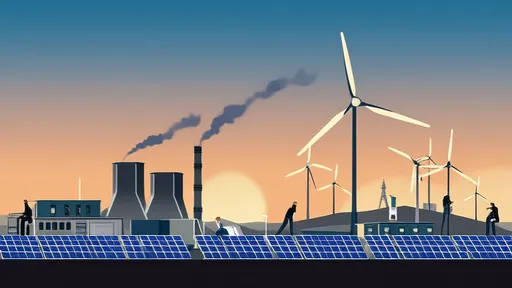
By /Jun 23, 2025
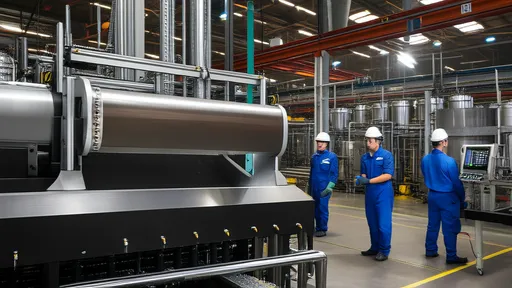
By /Jun 23, 2025
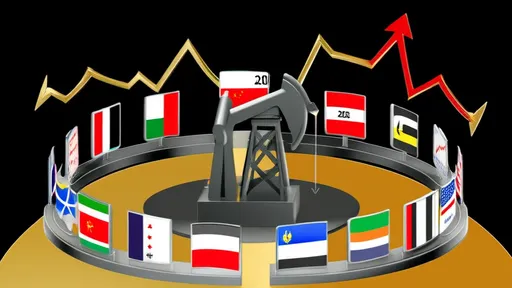
By /Jun 23, 2025

By /Jun 23, 2025

By /Jun 23, 2025

By /Jun 23, 2025
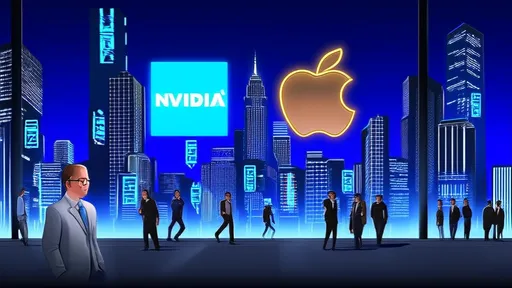
By /Jun 23, 2025
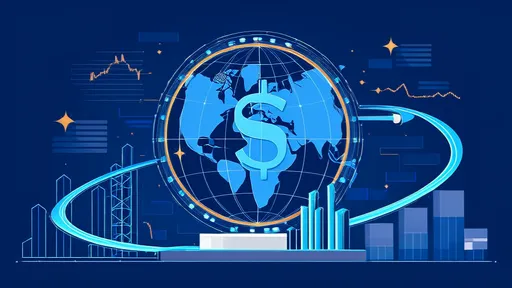
By /Jun 23, 2025

By /Jun 23, 2025

By /Jun 23, 2025
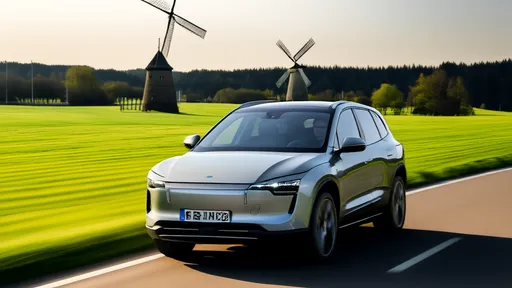
By /Jun 23, 2025
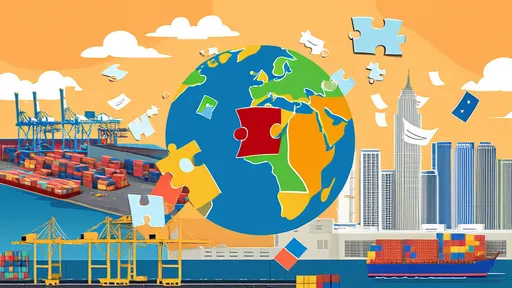
By /Jun 23, 2025
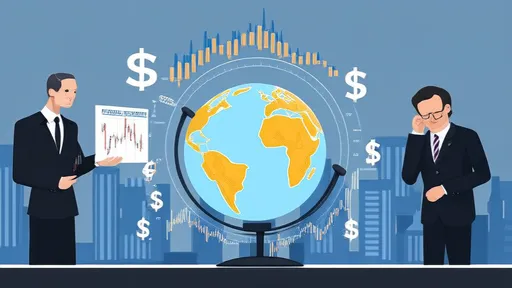
By /Jun 23, 2025
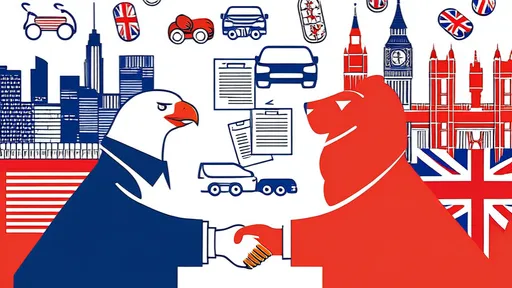
By /Jun 23, 2025
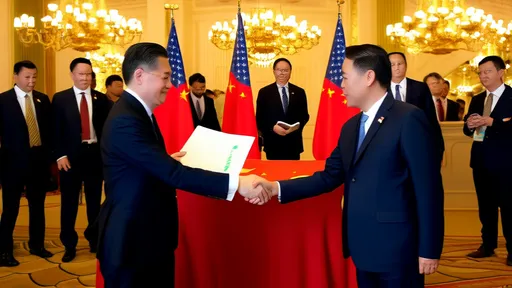
By /Jun 23, 2025

By /Jun 3, 2025

By /Jun 3, 2025